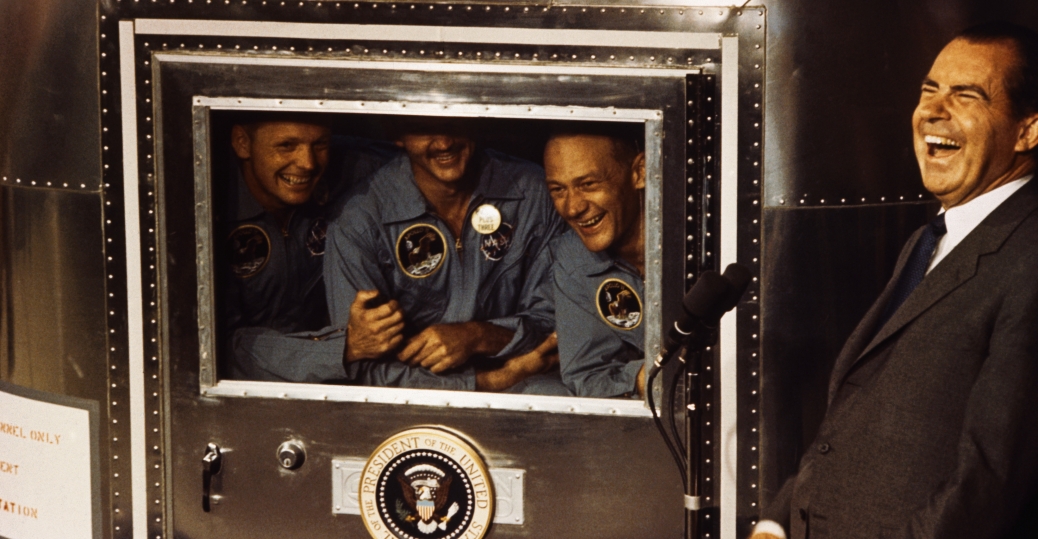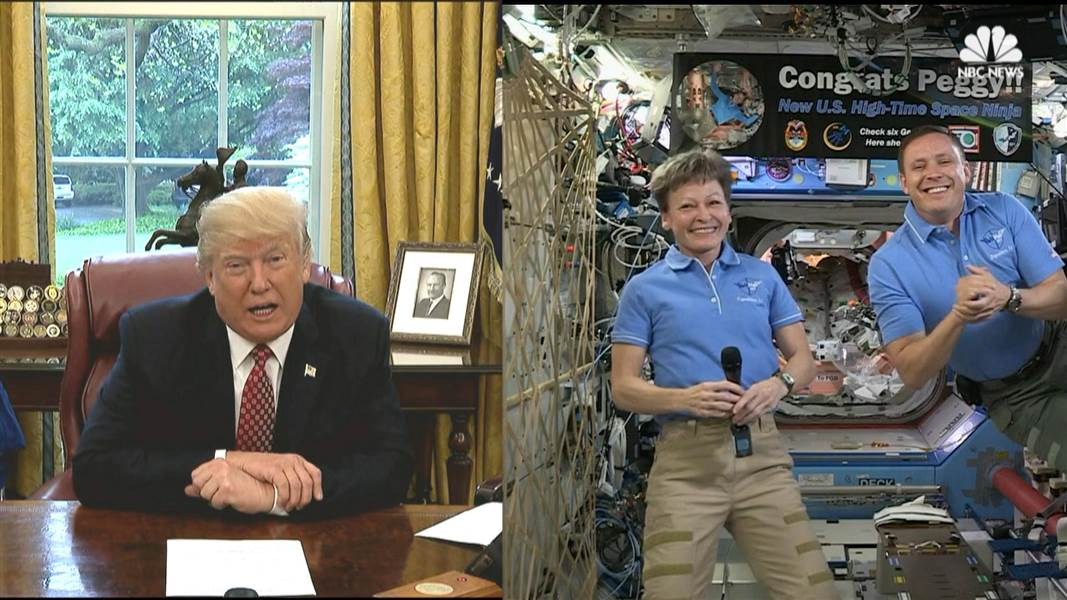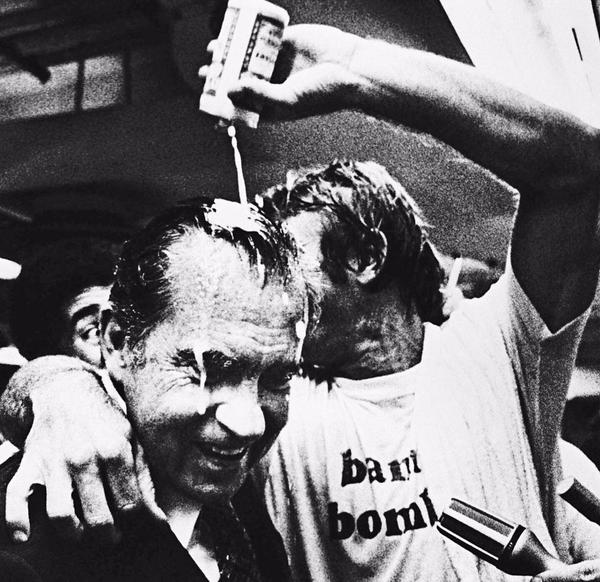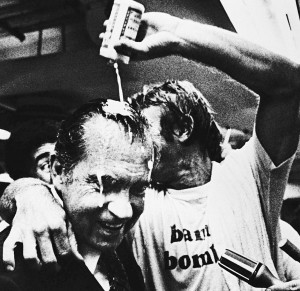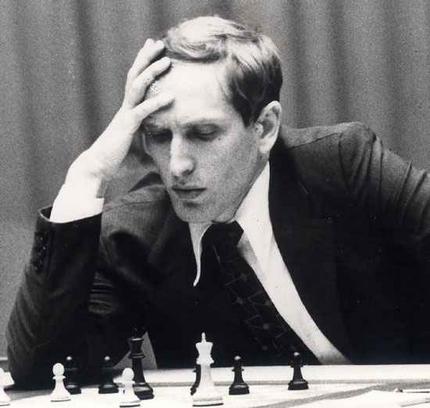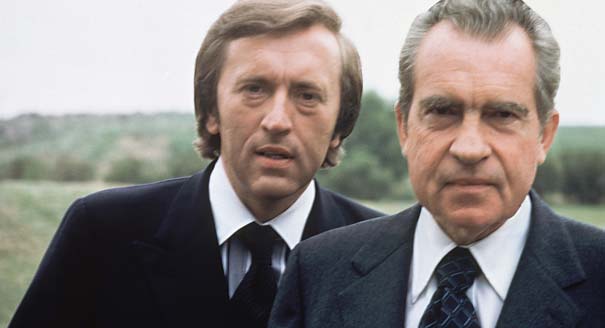It’s been roughly two weeks since stunning news broke that Trump had fired James Comey. It may as well have been a decade.
Since then, Trump admitted in an TV interview that he canned Comey to end the Russian investigation, the FBI director produced a memo of a conversation in which the President asked him to let Mike Flynn off the hook and it’s been reported that the Administration prevailed upon the DNI and NSI directors to intervene on his behalf to end the inquiry. Complicating matters further, the Putin praiser shared secret intelligence with Russian representatives in the White House.
If this nonstop turmoil seems like Watergate played out at warp speed, Elizabeth Drew, the political journalist who chronicled Richard Nixon’s disgrace, doesn’t believe potential collusion with a foreign adversary nor obstruction of justice will result in a speedy ending for our Kremlin-loving kakistocracy, even if that’s what the country dearly needs. She warns that progress to endgame may be grindingly slow and must be bipartisan, a trickier feat to achieve today than in the 1970s.
Three excerpts follow from Matthias Kolb’s long-form Süddeutsche Zeitung Q&A with Drew, conducted soon after Comey’s ouster.
_________________________________
Question:
You know so many people on the Hill, in Washington Journal you describe how the different senators and congressmen talked to you about their thought process about how and when to criticize Nixon. Is this a similar situation?
Elizabeth Drew:
Not quite yet. If you took a secret ballot, Trump would be out. But it doesn’t work that way. I do know from various sources, most Republicans in the Senate want him out; they joke about it. I wrote that in a recent article. The senators see each other in the gym or in the hallways and some weeks ago some Republicans on the Senate floor were taking bets with each other over how Trump is going to be forced to leave office, not whether. Several sources told me about this. But they are not anywhere near… they are not ready for this.
_________________________________
Question:
You have covered American politics and presidents for more than five decades. Has there been anything similar to that?
Elizabeth Drew:
No, Ronald Reagan maybe. He was an actor who was not very verbal. Reagan spoke well and could read aloud smoothly what was written down for him. But he was not a thinker. Barack Obama was our most contemplative president, a real intellectual. Reagan was not and Trump is definitely not. Trump doesn’t like to read. He gets intelligence briefings which he doesn’t like. His staff asks people to present things to him in pictures, that is similar with Reagan. I remember an aide telling me that he tried to explain something to Reagan about the war on drugs, and he made it like a movie plot to get Reagan’s attention. Trump likes pictures, aides have to draw things. It is alarming. Trump has no attention span, he is very impatient.
_________________________________
Question:
Will Trump stay in office for four years?
Elizabeth Drew:
From the beginning, I’ve thought that he wouldn’t last. He looks frustrated so much of the time. In his business, no one was in a position to block him. He’s been going through a frustrating time. He’s lonely; Mrs. Trump is apparently moving down here in the summer, but he’s not a quitter. And he likes being president; He said that the other day at this victory party at the Rose Garden after the House passed the health care bill. You all saw the pictures, I’m sure. He said: “How’m I doing? I am president, can’t you see?” He will not give it up, I think. Things would have to become really bad. But I wouldn’t put any money on anything.
Question:
If some younger reporters ask you for advice how to cover the Trump administration, what do you tell them? I took away from reading “Washington Journal” that you should be skeptical about simple narratives and that historic events like Watergate could have gone a different way.
Elizabeth Drew:
Watergate was not the simple narrative that many take it to be, nor will this be – however it turns out. and will never be. I tell those reporters: “Let it play out, don’t try to game it. Follow what is happening and watch for certain things.” I also tell my friends: Watch for certain things and be patient. Trump will be in trouble for firing Comey, and it likely will build. Be careful and you have to be responsible with what you are writing. Watch the Republicans: He cannot be driven from office just by Democrats. Watch for key Republicans to say certain things that might signal that he is in serious trouble. Mitch McConnell, the Senate Majority leader, is important. I’m sure that he has in his head how he wants to handle this, but he won’t say much. He’s a careful and smart man who has been around for decades. If you hear criticism of the president by Mitch McConnell, he’s in big trouble. You can’t just rush a president out of office because you don’t like him. It doesn’t work that way and should not work that way. It must not be partisan because it otherwise will not be successful. It would tear the country apart.•

